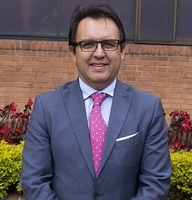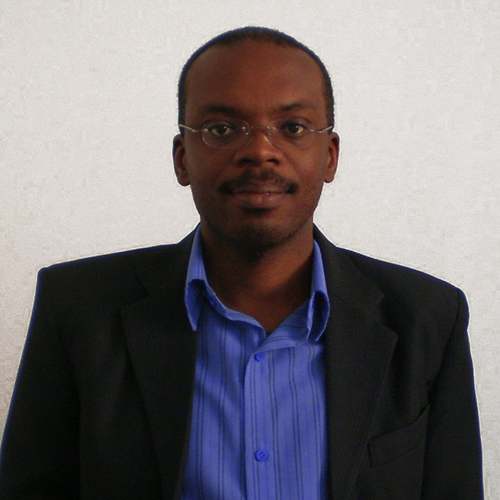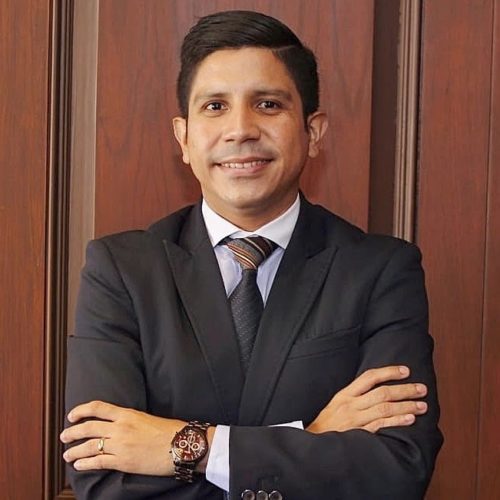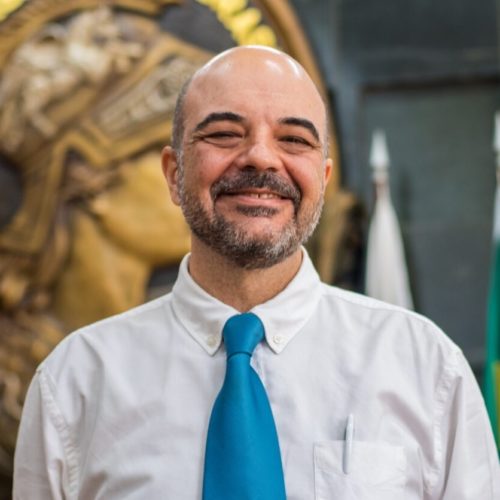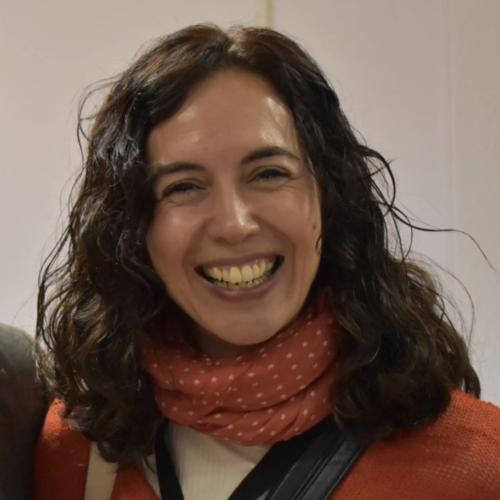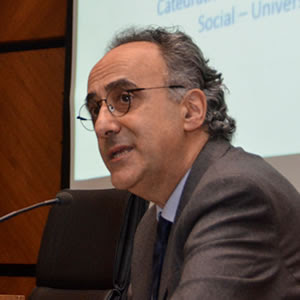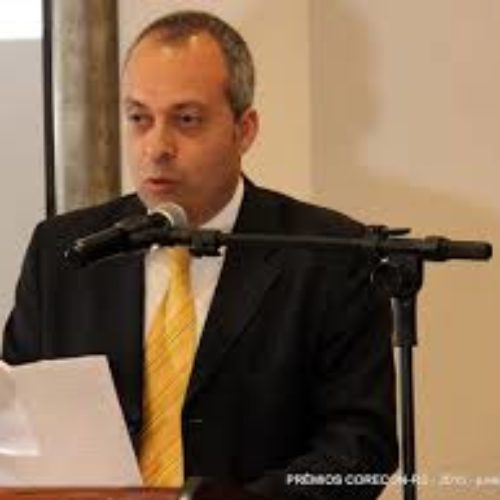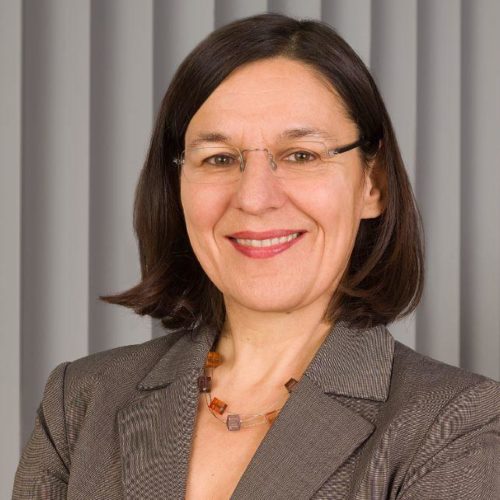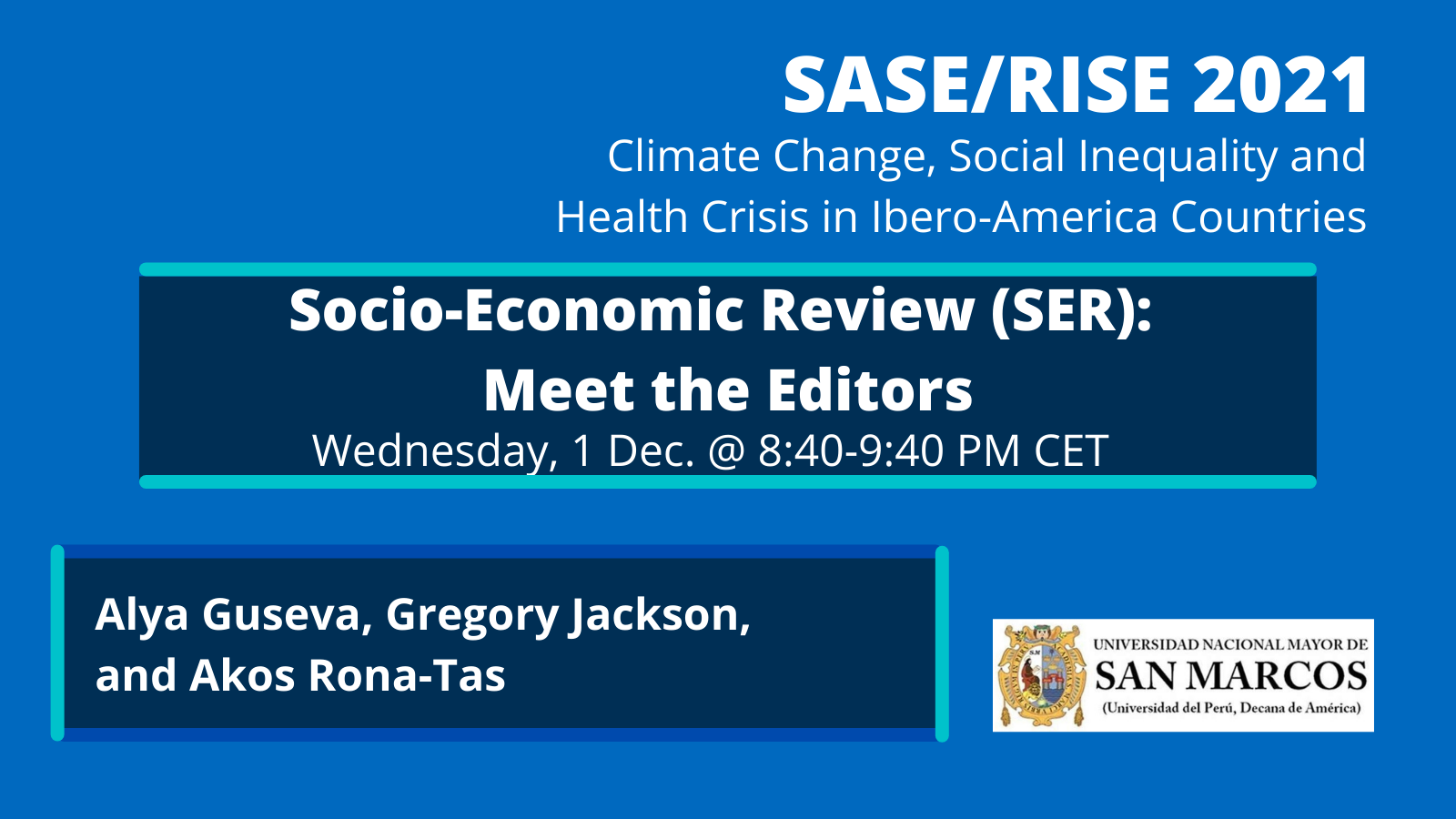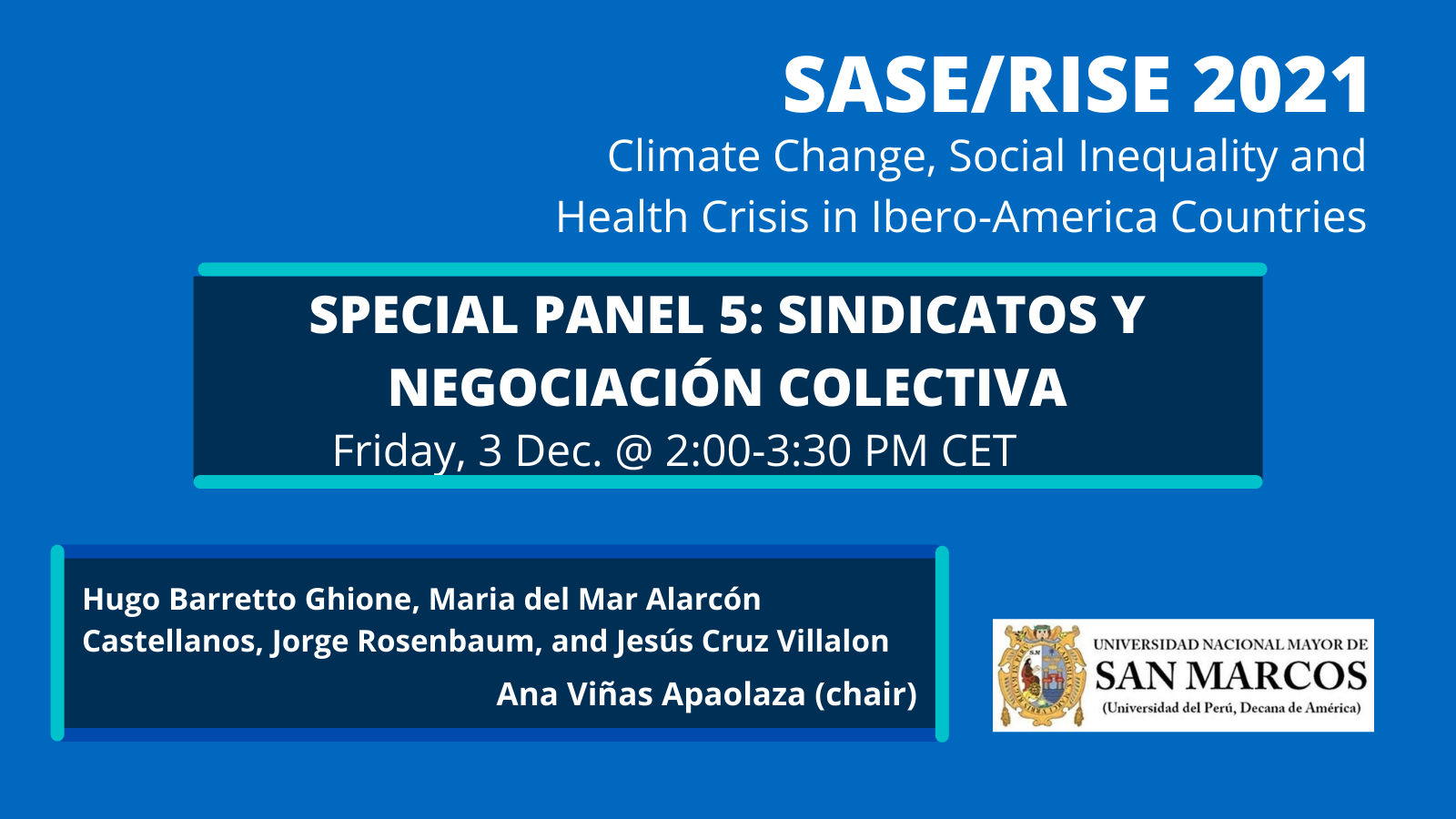Featured Speakers
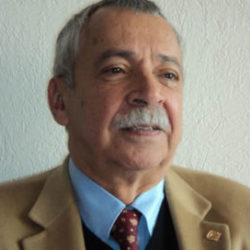
Rolando Cordera Campos es oriundo de Manzanillo, Colima, nació el 31 de enero de 1942.
Realizó su Licenciatura en Economía en la UNAM y sus estudios de posgrado en la London School of Economics, Inglaterra. Actualmente es coordinador del Programa Universitario de Estudios del Desarrollo (2011 – ).
Algunas de sus distinciones son el Premio Universidad Nacional en el área de Ciencias Económicas-Administrativas (1998); miembro del Sistema Nacional de Investigadores, Nivel III (2002); Profesor Emérito de la Facultad de Economía de la UNAM (2007); Doctor Honoris Causa por la Universidad Autónoma Metropolitana (2010) y la Cátedra Raúl Prebisch de la CEPAL (2014).
Miembro del Instituto de Estudios para la Transición Democrática, de la Academia Mexicana de Economía Política, del Seminario de Cultura Mexicana y del Grupo Nuevo Curso de Desarrollo de la UNAM.
Colaborador semanal de La Jornada y El Financiero, miembro del consejo editorial de la revista EconomíaUnam y Director de la revista Configuraciones.
Autor y coordinador de varios libros, entre otros:
Cordera, R. y Provencio, E. (coords.), (2018) Informe del desarrollo en México. Propuestas estratégicas para el desarrollo 2019-2024, México: UNAM.
Cordera, R. (2017) La perenne desigualdad, México: FCE.
Cordera, R. (coord.) (2015) Más allá de la crisis. El reclamo del desarrollo, México: Fondo de Cultura Económica.
Cordera, R. (2014) “Notas sobre desarrollo y globalización en América Latina”, en Máttar, J. y Perroti, D. E. (eds.), Planificación, prospectiva y gestión pública. Reflexiones para la agenda del desarrollo, Santiago de Chile: Comisión Económica para América Latina y el Caribe.
Cordera, R. (2014), “Reclamo a la democracia desde la justicia social”, en Vasconcelos, H. (coord.), Grandes retos del siglo XXI, México: UNAM, Colección Banquete.
Cordera, R. (2014) El desarrollo ayer y hoy: idea y utopía, México: UNAM-Facultad de Economía.
Cordera, R. y Murayama, C. (coords.), (2012) Los determinantes sociales de la salud en México, México: Fondo de Cultura Económica y UNAM-Programa Universitario de Estudios del Desarrollo.
Cordera, R. y Fuentes, M. (coords.), (2012) Cuarto Diálogo Nacional para un México Social, México: UNAM-Programa Universitario de Estudios del Desarrollo.
Cordera, R. y Tello, C. (2010) La disputa por la nación perspectivas y opciones de desarrollo, Segunda edición, México: Editorial Siglo XXI.
Cordera, R. (2009) Volver con la memoria, conversaciones con intelectuales, políticos y hombres de la ciencia, el arte y la cultura del siglo XX, México: Ediciones Cal y Arena.
Cordera, R. (selección de textos) (1981) Desarrollo y crisis de la economía mexicana: Ensayos de interpretación histórica, México: Fondo de Cultura Económica.

Ricardo Ffrench-Davis is Professor of Economics at the University of Chile – a position he has held since 1962. Ffrench-Davis received his PhD in Economics from the University of Chicago. His past positions include Director of Studies of the Central Bank of Chile, Principal Regional Advisor of ECLAC, Co-founder of CIEPLAN, and President of the United Nations Development Policy Committee. He has published 21 books, one hundred sixty articles, and received the Chilean National Award for Humanities and Social Sciences in 2005. His most recent book is Economic Reforms in Chile, 1973-2017 (Penguin Random House / Taurus, 2018 in Spanish and Palgrave, 2010, in English).

Félix Jimenez is Senior Lecturer in the Department of Economics at PUCP and Researcher at Renacyt-Concytec Carlos Monge Medrano III. His main research areas are Macroeconomics, Monetary Theory, Public Finance and Economic Growth. He is the author of several articles and books, including Elements of Macroeconomic Theory and Policy for an Open Economy (2 volumes); Macroeconomics. Approaches and models (2 volumes); Economic Growth: Approaches and Models; and The Peruvian Economy of the Last Half Century: Interpretation Essays.

Amy C. Offner is Associate Professor of History at the University of Pennsylvania. She studies the history of the Americas with a focus on political economy, empire, and social and intellectual history. She is the author of Sorting Out the Mixed Economy: The Rise and Fall of Welfare and Developmental States in the Americas (Princeton, 2019), which won book prizes from SASE, the Economic History Society, the Society for Historians of American Foreign Relations, and the Latin American and Caribbean Section of the Southern Historical Association. Her research has been supported by institutions including the ACLS, SSRC, Charles Warren Center at Harvard University, and the Kluge Center at the Library of Congress.

Title: “External Vulnerability of Developing Countries in the Midst of the COVID-19 Crisis”
Daniela Magalhães Prates is Senior Economic Affairs Officer at UNCTAD and Associate Professor of Economics (on leave) at the University of Campinas (UNICAMP, Brazil).
Her main areas of research are International Economics and Open Macroeconomics with focus on monetary and financial issues and developing countries. She has published many papers in academic journals (such as Journal of Post Keynesian Economics, Review of Keynesian Economics, International Review of Applied Economics and ECLAC Review) and book chapters.





